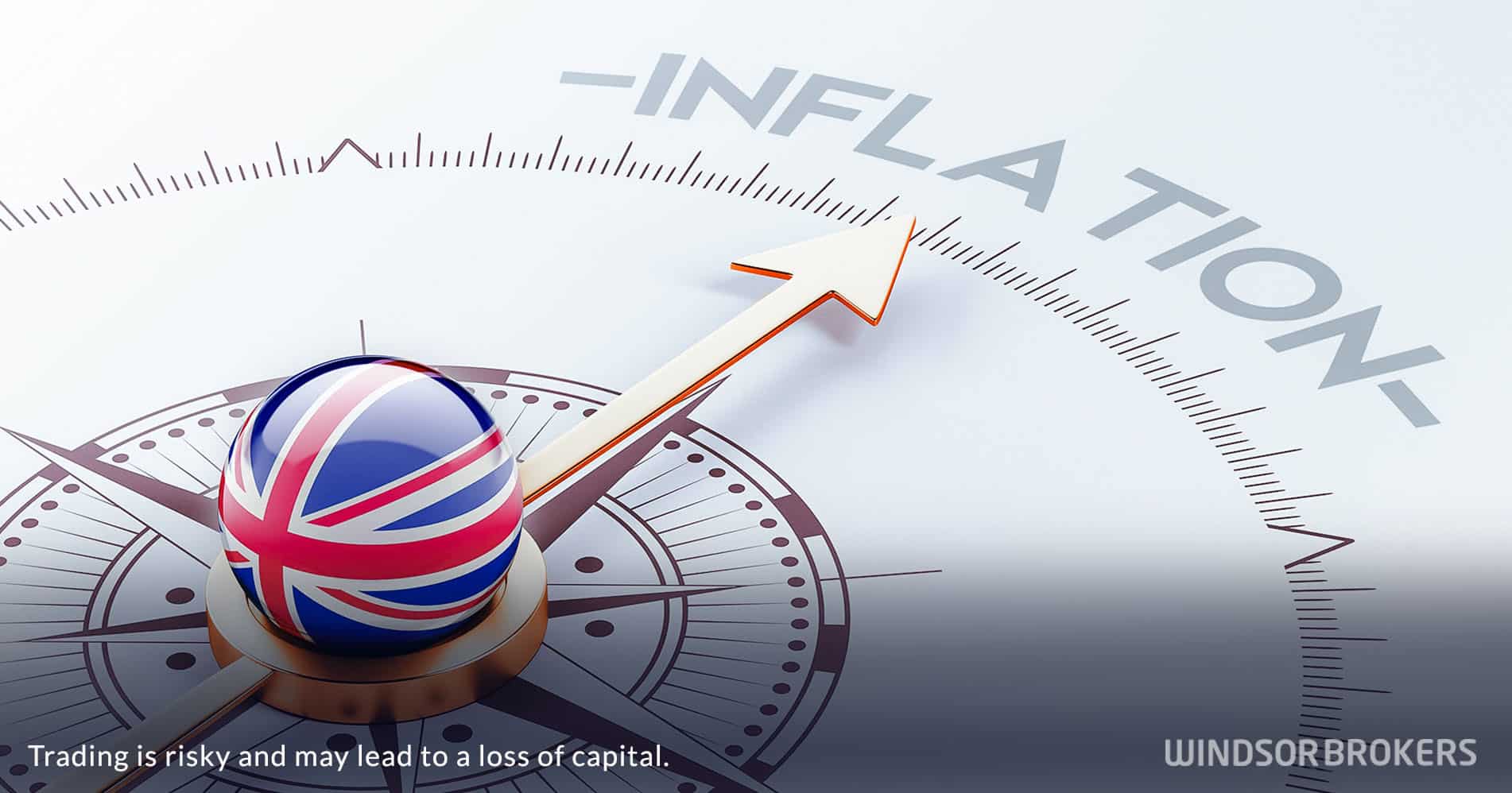Unchanged UK inflation in January provides relief to Britain’s central bank
British inflation unexpectedly remained unchanged at 4.0% in January, contrary to expectations of a 4.1% increase. This stability offers relief for the Bank of England and Prime Minister Rishi Sunak, particularly in the lead-up to an expected national election.
Consumer price inflation, previously higher in Britain compared to other major economies, is anticipated to decline in the coming months. This could provide the BoE with room to consider cutting borrowing costs from their 16-year high.
Core inflation, which excludes volatile components such as food, energy, alcohol, and tobacco prices, also remained unchanged at 5.1% in January.
Investors increased their bets on the BoE cutting interest rates in 2024. The likelihood of a first reduction in June rose to approximately 72%, up from 40% before the release of the inflation data. This suggests that market signals are aligning with the idea that the time to start cutting interest rates is approaching.
The Bank of England is concerned about rapid wage growth, particularly in the services sector, as it could contribute to inflationary pressures across the economy. Data indicated that regular wages rose by an annual 6.2% in the last quarter of 2023, a pace the BoE considers higher than what is consistent with achieving sustainable inflation at 2%.
Despite concerns about inflation, Britain’s finance minister Jeremy Hunt expressed optimism about the progress made in bringing inflation down from its peak of 11%. He highlighted that while their plan is working, the path of inflation is not always linear.
The weakening inflation outlook is expected to contribute to moderate economic growth in 2024. However, official data on Thursday is likely to reveal that the country slipped into a shallow recession in the second half of 2023.
In summary, the unexpected stability in British inflation, coupled with market expectations of a potential interest rate cut, suggests a complex economic environment. Policymakers are likely to carefully consider the inflation trajectory, wage growth, and overall economic conditions in their decision-making processes. The political landscape, including the upcoming national election, adds an additional layer of complexity to the economic outlook for the United Kingdom.


